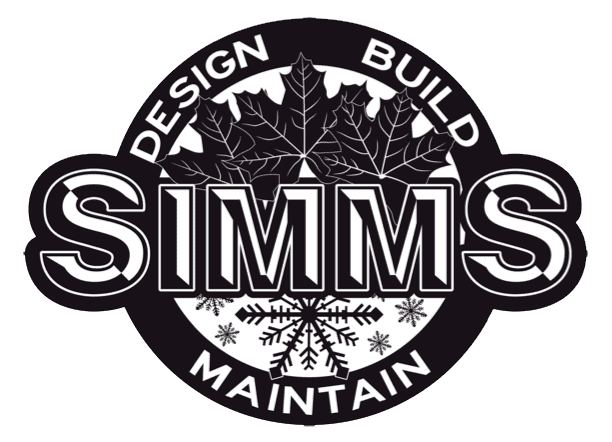The key is knowing what matters most. You should be strict on essentials like licensing, insurance, and written contracts that clearly outline scope, specs, warranties, and rules for change orders. These are non-negotiables because they protect you and ensure quality work. Plant sizes, base depths, irrigation parts, and drainage details all directly affect durability, safety, and long-term maintenance. On those points, insist on your standards. Where you can be more flexible is on minor aesthetic choices that don’t compromise function. For example, a slight shift in plant placement or a minor difference in stone tone may not impact performance but could delay the project or increase costs. A useful test is to ask: does this decision affect structure, drainage, safety, or lifespan? If yes, hold firm. If no, weigh whether the change is worth the extra time or money. This balance helps you avoid both over-managing and overlooking critical details.
Am I being too picky—or not picky enough—with a landscape company?
Related FAQs
-
How do I know if my HOA will approve the project?
Most HOAs in Salt Lake and Davis Counties require approval for visible landscape changes, especially fencing, retaining walls, or major…
-
Is the landscape contractor being honest with me?
Honesty shows in details, not promises. Contractors who provide line-item bids, written warranties, and clear explanations demonstrate transparency. Warning signs…
-
Am I going to regret this decision to hire a landscaper?
Regret usually comes from rushing into a project without planning or choosing the wrong contractor. In Utah, common regrets include…
